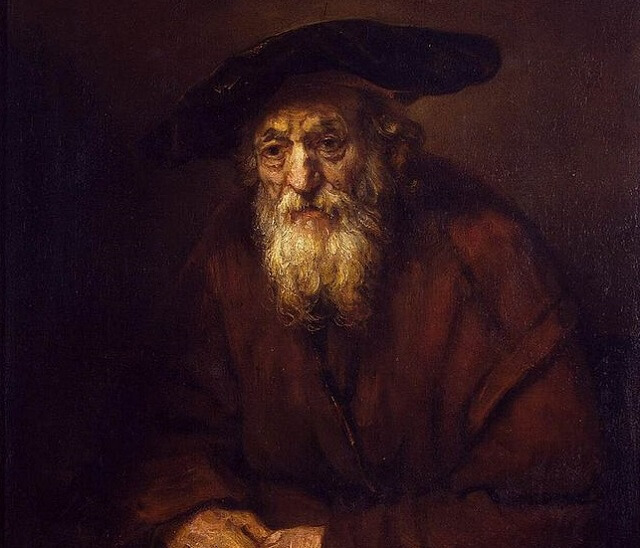
When appointing Betzalel and other craftsmen to construct the Tabernacle, God declared, “In the heart of all wise-hearted, I have placed wisdom” (Ex. 31:6). Why should God give wisdom to the wise — it is the fools who need it!
A person who wishes to increase his physical strength will not achieve his goal by developing his intellectual powers. He needs to concentrate on building up his body, with physical exercise, healthy food, and proper sleep.
But the opposite can also be true. When we strengthen the body, we enable the mind to reach its full potential. This is nature’s rule of “A healthy mind in a healthy body.”
Beyond the objective of strengthening the intellect and broadening one’s knowledge lies an even higher goal: the pursuit of ruach hakodesh (divine inspiration) and prophecy. The relationship between the body and the mind parallels the relationship between ‘natural wisdom’ (the arts and sciences) and ‘divinely-emanated wisdom.’ We may aspire to prophetic enlightenment, but we must first gain proficiency in the natural sciences.
Maimonides mentions this requisite intellectual preparation for prophecy in the Mishneh Torah, Yesodei HaTorah 7:1:
“Prophecy is only bestowed to a sage who is great in wisdom, of strong character... And he must possess an extremely expansive and accurate worldview.”
We need to expand all of the mind’s intellectual capabilities in order to fulfill the rule of “a healthy mind in a healthy body” on a spiritual level. Then an enriched prophetic inspiration will emerge within the broadened framework of a penetrating, enlightened mind.
(Gold from the Land of Israel, pp, 158-159. Adapted from Orot HaKodesh vol. I, pp. 66-67)
Illustration image: ‘Portrait of an Old Jew’ (Rembrandt, 1654)





